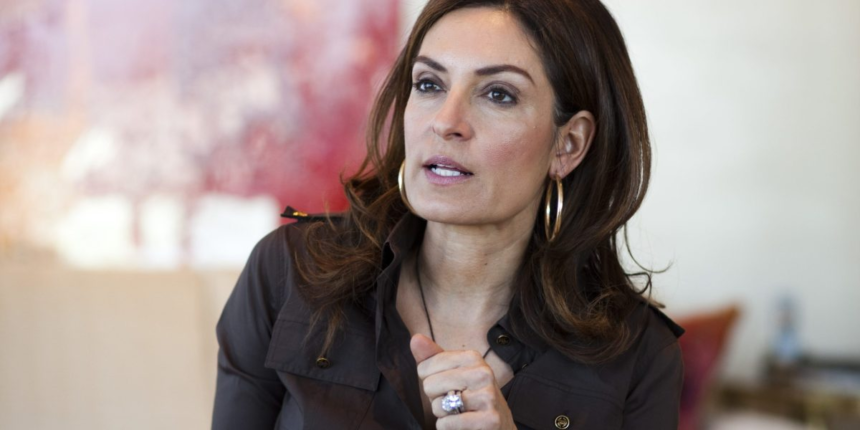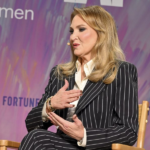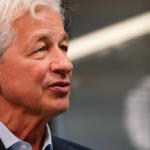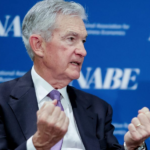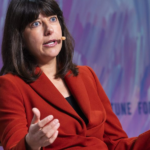“I don’t know about you but I’m old enough that when I was in college, I thought ‘For sure, I’m going to have more money than my parents.’ And that ‘If I work very very hard I’m going to buy a house someday,’ and this was the assumption.”
“A lot of Gen Z [are] just saying ‘I’m not even sure we’re going to be alive in 20 years because of global warming.’ And ‘The world is probably going to end anyway because of the stupidity of decisions your generations made,’” Welch continued.
Instead of managers beating down on Gen Z for their perceived lack of ambition or workplace indifference, Welch encouraged others to consider where their apathy may be coming from.
“It’s very very hard,” Welch said. “So I think it comes out looking in a way that we don’t understand, the sort of place of vulnerability and sadness that it’s kinda coming from.”
Fortune reached out to Welch for comment.
But there’s also a growing network of high-powered professionals standing behind Gen Z, aside from Welch. Multimillionaire podcaster and former CNN analyst Mel Robbins hit back at naysayers who slam young workers, reasoning that they’re under immense stress, pressure, and chaos that she thinks didn’t exist five or six years ago. She said that Gen Z is facing unique problems: homeownership is “out of reach,” hybrid work has changed the professional landscape, the generational wealth gap is “massive,” and student loans are crushing them financially. If Gen Z’s baby boomers and Gen Xers critics think the young workers have it so easy, Robbins invites them to step into their shoes.
On top of an impending recession, Gen Z got the short end of the stick when it comes to fulfilling major life accomplishments.


